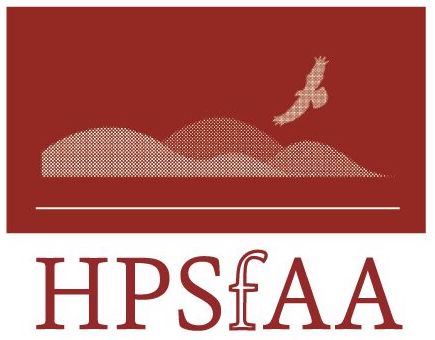  
 
The High Plains Society for Applied Anthropology |
|
From Direct to Deferred Reciprocity: Service- versus Community-Based Learning in International Anthropology Training
Sarah Hautzinger
This essay shares reflections about teaching an international service learning course in Brazil for the first time in 2006 and compares these reflections to subsequent efforts to adjust the course to enhance learning outcomes in 2008. From the 2006 pilot experience, in which the course was based on a service learning model (SL), it was apparent that with a relatively short time in the field and students’ limited language skills, cultural competency, and personal relationships, the SL model did not offer students the opportunity to gain a highly contextualized understanding of difference that is a core commitment of anthropology. In 2008, we redesigned the course strongly in the direction of community-based learning (hereafter CBL), and away from a pure service model. Where the SL model flirts with presumption and unrealistic expectations in the face of students’ cultural competence, I suggest, the CBL model can swing too far in the direction of social tourism and superficiality. What remains the same, regardless of SL or CBL methodology, is the overall commitment to various considerations of reciprocity with those with whom we enter into relationships as a result of academic experiences that are civically engaged and problem-based (applied) in their orientation to the discipline of anthropology. [reciprocity, service learning, community-based learning, international field courses, Brazil, Latin America]
The Applied Anthropologist, No. 2, Vol. 28, 2008, pp 192 - 203
Back to List of Vol. 28 Articles